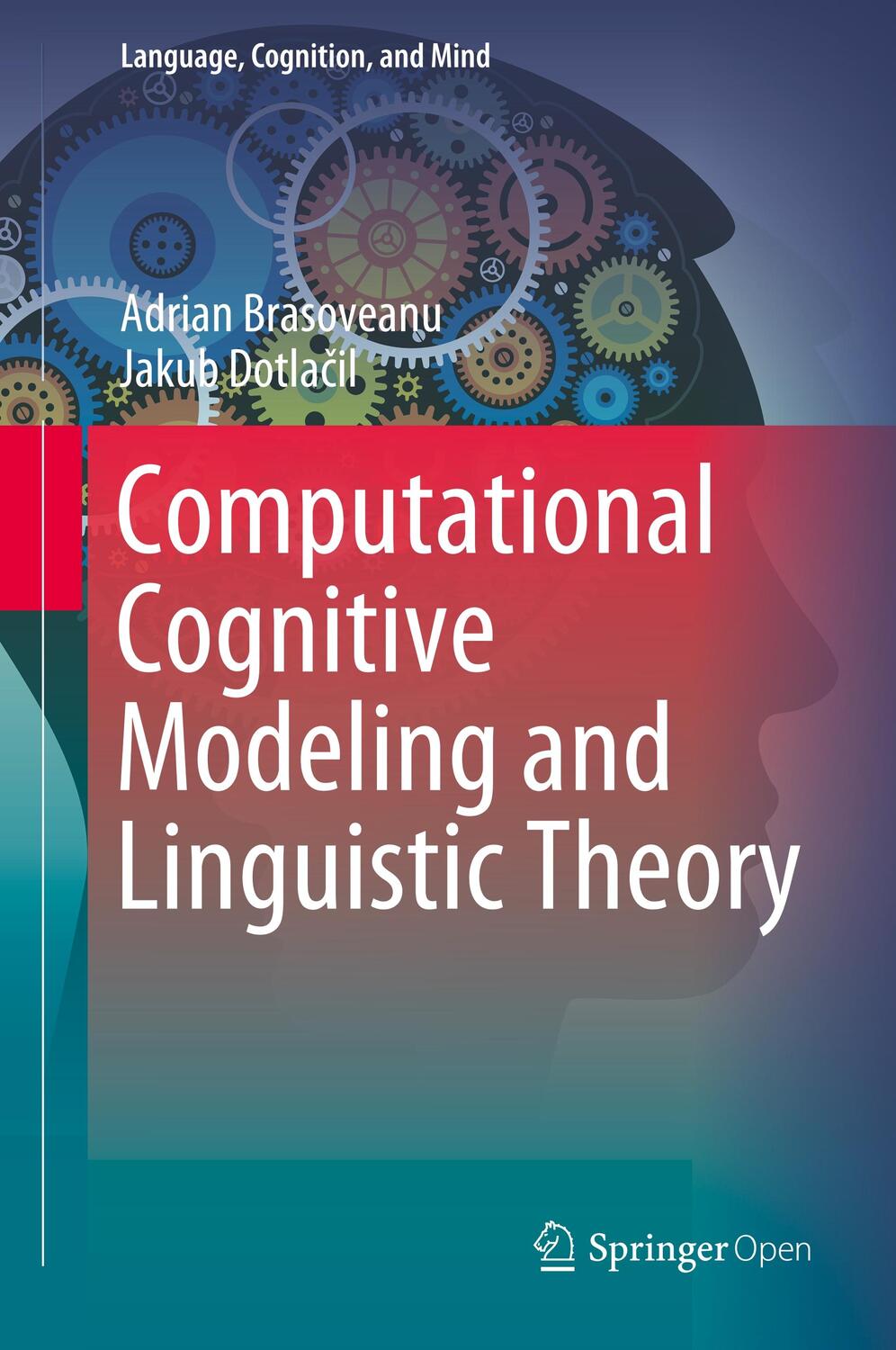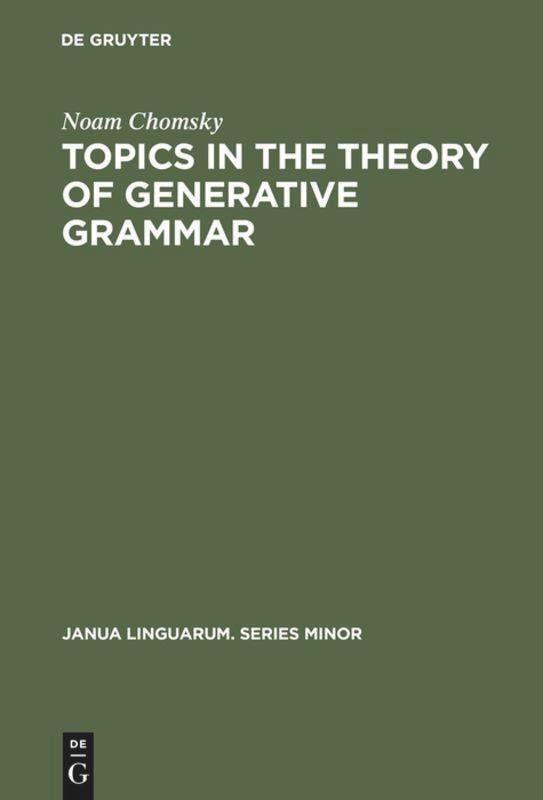83,55 €*
Versandkostenfrei per Post / DHL
Lieferzeit 2-3 Wochen
This book constitutes a major step forward in linguistics and psycholinguistics. It constitutes a unique synthesis of several different research traditions: computational models of psycholinguistic processes, and formal models of semantics and discourse processing. The work also introduces a sophisticated python-based software environment for modeling linguistic processes. This book has the potential to revolutionize not only formal models of linguistics, but also models of language processing more generally. (Shravan Vasishth)
This book constitutes a major step forward in linguistics and psycholinguistics. It constitutes a unique synthesis of several different research traditions: computational models of psycholinguistic processes, and formal models of semantics and discourse processing. The work also introduces a sophisticated python-based software environment for modeling linguistic processes. This book has the potential to revolutionize not only formal models of linguistics, but also models of language processing more generally. (Shravan Vasishth)
Presents an introduction to ACT-R for linguists and semanticists, with a focus on semantic phenomena in natural language
Provides a novel incremental dynamic semantic system and detailed theory of semantic processing
Discusses original experimental data relevant for our understanding of natural language meaning and how it is constructed in real time
| Erscheinungsjahr: | 2020 |
|---|---|
| Genre: | Philosophie |
| Rubrik: | Geisteswissenschaften |
| Medium: | Buch |
| Seiten: | 308 |
| Reihe: | Language, Cognition, and Mind |
| Inhalt: |
xii
294 S. 242 s/w Illustr. 25 farbige Illustr. 294 p. 267 illus. 25 illus. in color. |
| ISBN-13: | 9783030318444 |
| ISBN-10: | 3030318443 |
| Sprache: | Englisch |
| Ausstattung / Beilage: | HC runder Rücken kaschiert |
| Einband: | Gebunden |
| Autor: |
Dotla¿il, Jakub
Brasoveanu, Adrian |
| Auflage: | 1st ed. 2020 |
| Hersteller: |
Springer International Publishing
Language, Cognition, and Mind |
| Maße: | 241 x 160 x 23 mm |
| Von/Mit: | Jakub Dotla¿il (u. a.) |
| Erscheinungsdatum: | 15.05.2020 |
| Gewicht: | 0,629 kg |
Presents an introduction to ACT-R for linguists and semanticists, with a focus on semantic phenomena in natural language
Provides a novel incremental dynamic semantic system and detailed theory of semantic processing
Discusses original experimental data relevant for our understanding of natural language meaning and how it is constructed in real time
| Erscheinungsjahr: | 2020 |
|---|---|
| Genre: | Philosophie |
| Rubrik: | Geisteswissenschaften |
| Medium: | Buch |
| Seiten: | 308 |
| Reihe: | Language, Cognition, and Mind |
| Inhalt: |
xii
294 S. 242 s/w Illustr. 25 farbige Illustr. 294 p. 267 illus. 25 illus. in color. |
| ISBN-13: | 9783030318444 |
| ISBN-10: | 3030318443 |
| Sprache: | Englisch |
| Ausstattung / Beilage: | HC runder Rücken kaschiert |
| Einband: | Gebunden |
| Autor: |
Dotla¿il, Jakub
Brasoveanu, Adrian |
| Auflage: | 1st ed. 2020 |
| Hersteller: |
Springer International Publishing
Language, Cognition, and Mind |
| Maße: | 241 x 160 x 23 mm |
| Von/Mit: | Jakub Dotla¿il (u. a.) |
| Erscheinungsdatum: | 15.05.2020 |
| Gewicht: | 0,629 kg |










